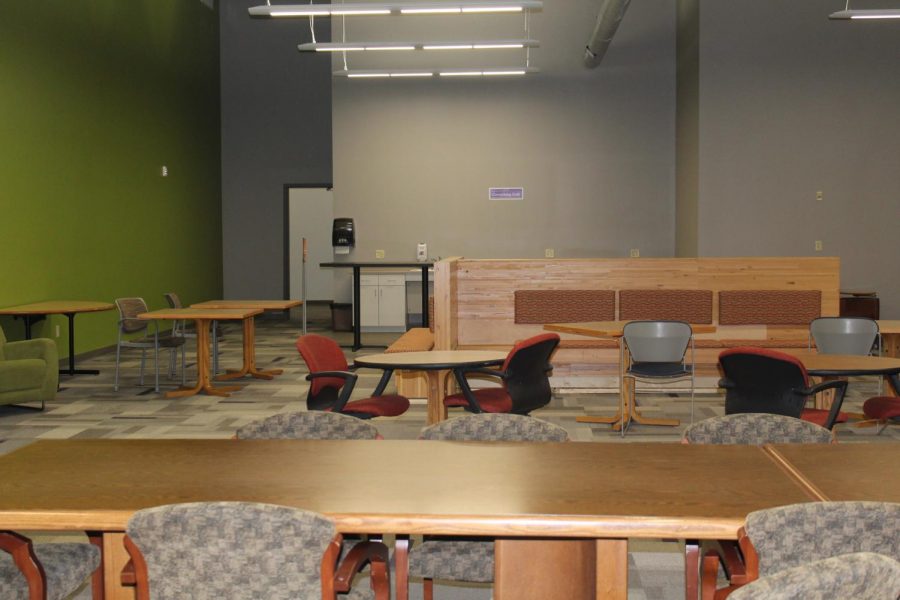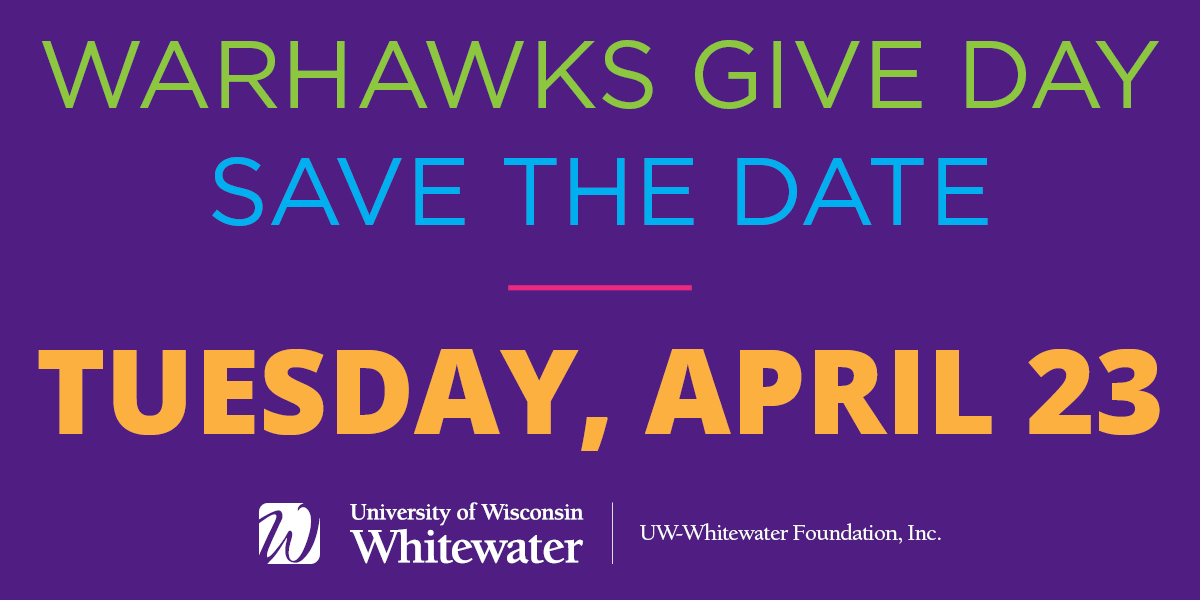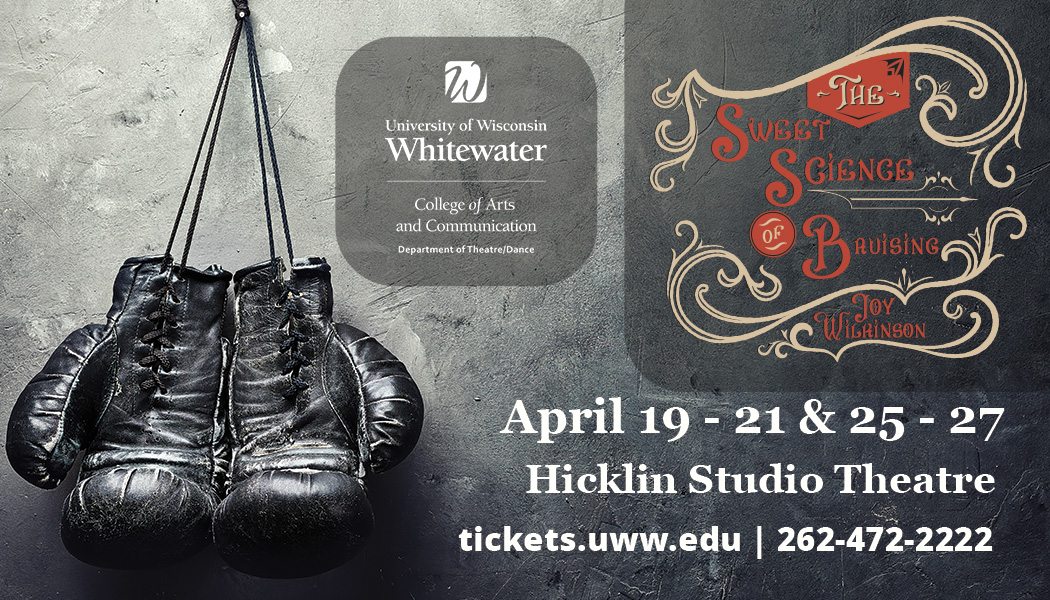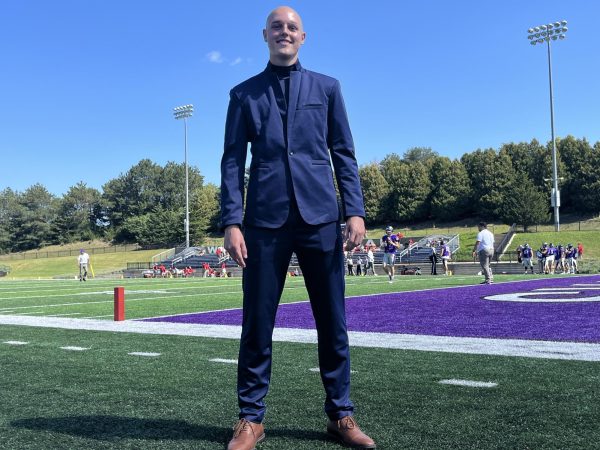Isolation and loneliness
How it can affect us as adults
November 8, 2020
Social isolation is a substantial threat to older adults’ overall health. Furthermore, it greatly increases their risk of premature death. The risk of loneliness may be of particular concern to older adults with a serious illness, loss of independence, loss of a loved one or increasing care needs. The prevalence of loneliness has been estimated to approximately 43 percent in older adults, likewise, it is comparable to the effects of smoking 15 cigarettes per day, according to the Human Resources and Services Administration. Additionally, loneliness has recently been demonstrated to have a greater impact on health than obesity, physical inactivity and air pollution.
Research has shown that social isolation and loneliness have been linked to older adults feeling less resilient to stress, weakens their immune system functioning, and decreases the likelihood that one will participate in healthy physical activity. Loneliness seems to be most harmful to mental health, while social isolation seems to be most harmful to cognitive and physical health. Maintaining relationships with family and friends is a priority in older adults to help keep the feelings of isolation minimized.
Older adults with a serious life-threatening illnesses or chronic health conditions, have reported having higher levels of loneliness as a result of their condition. For older adults diagnosed with cancer, studies suggest that the amount of social support, length of diagnosis, as well as variations in physical function can all play a role in various degrees of feeling lonely. Older adults who identify as a part of the LGBTQ+ community have higher rates of feeling lonely compared to heterosexual older adults.
While loneliness can differ between older adults, it is important for medical providers and caregivers to understand that loneliness is a problem in need of addressing, and also being aware that specific life experiences can impact the health and well-being of the individual.
Expressive arts incorporate a range of creative processes such as, visual, movement, drama, music, and writing as a way to foster personal growth. This approach has been used for the enrichment of health and well-being of older adults. This program is a way to establish a trusting relationship between volunteers and older adults and help with feelings of loneliness.
Being mindful that programs like these will not work for everyone, it’s important that we understand how social isolation affects older adults. It is important for medical providers and caregivers to understand that loneliness is a world-wide problem for older adults while also being aware of specific life experiences that can impact the health and well-being of the individual.
Right now, we are living in a world full of uncertainties, but there are things that people in the community can do for these socially isolated older adults. One thing people can do is volunteer and spend time with older adults, this is a great way to brighten their day and to build positive relationships.
Volunteering is a simple way to help out and it can be very rewarding. We all are socially isolated right now but if we take precautions and be safe, we can help older adults feel less socially isolated. There is a stigma around feeling isolated or depressed. We can all help reduce that stigma if we understand the long-term effects of being socially isolated.
-Jeryn Brunker























